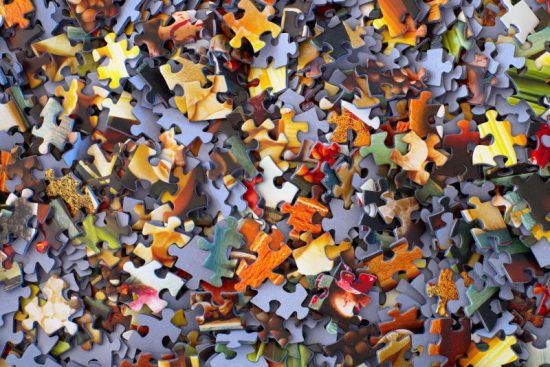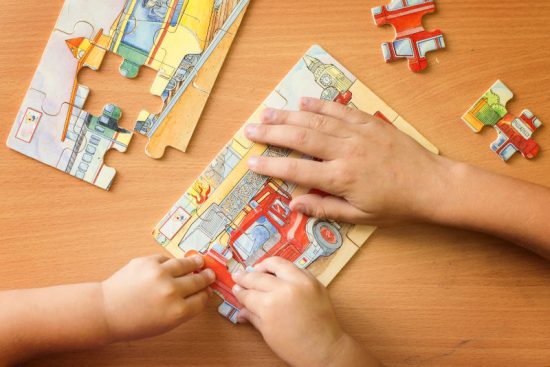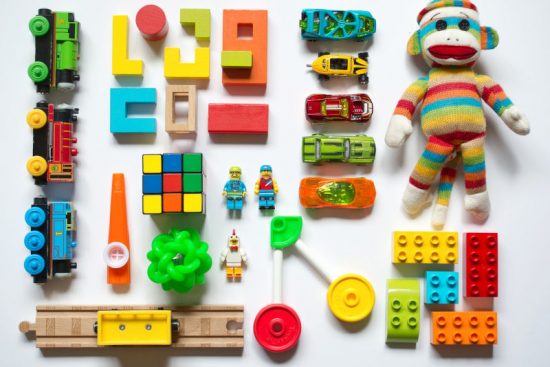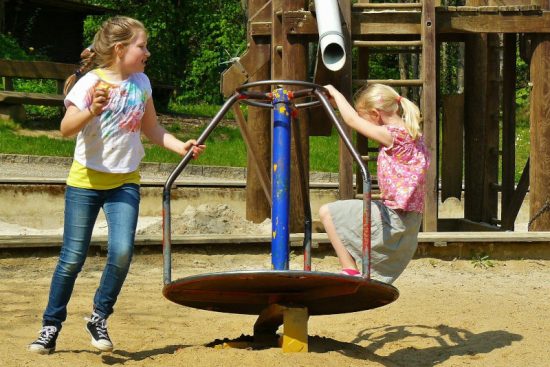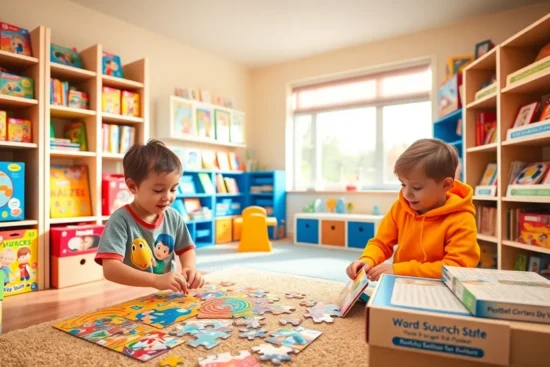
Let’s face it: kids love puzzles. They’re like magic keys that unlock critical thinking and creativity while keeping those little hands and minds busy. Imagine a world where young ones solve mysteries, navigate mazes, or piece together their favorite characters from movies, all while learning. With many types of puzzles available, choosing the right one can be a thrilling adventure in its own right. So, gear up, parents and educators. This guide explores various puzzles for children, revealing how these engaging tools can spark joy and development. Ready to immerse?
types of puzzles for children
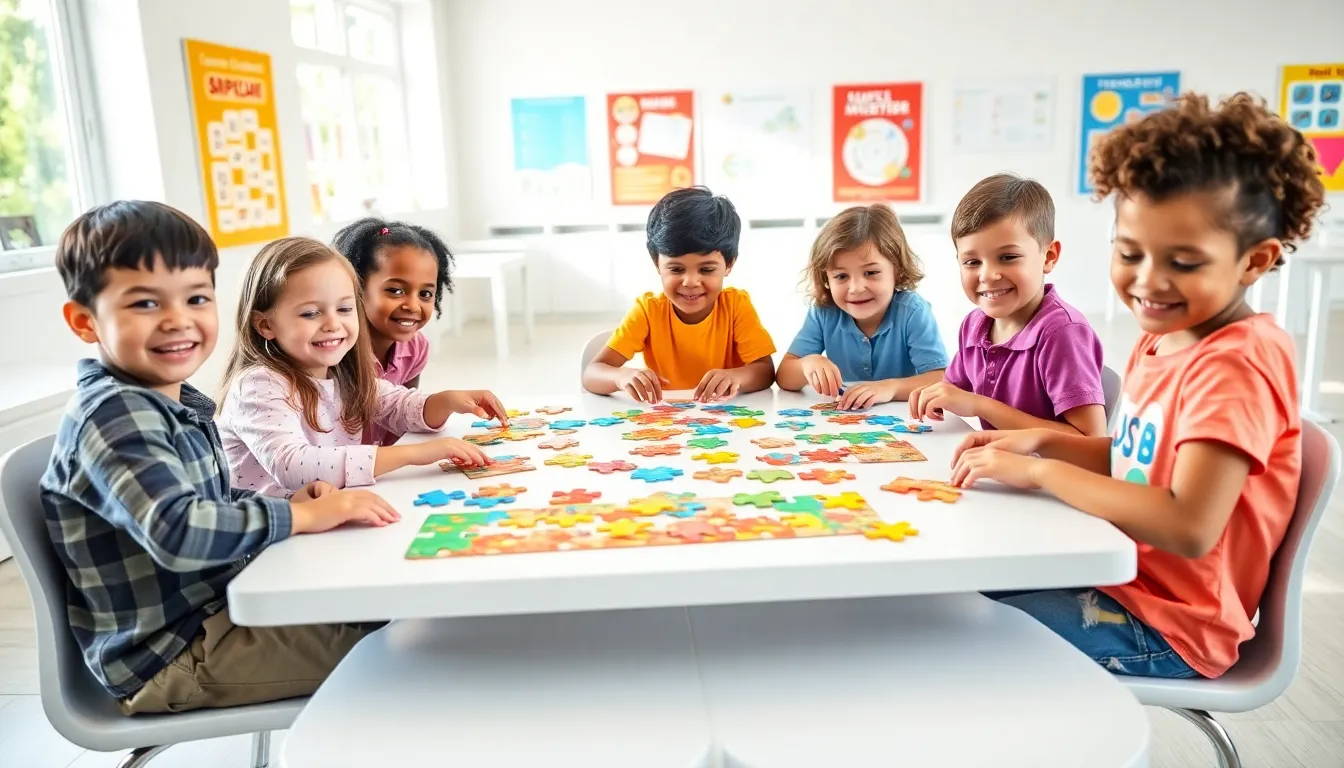
Puzzles are not just a pastime: they are essential tools for cognitive development in children. Engaging with puzzles enhances fine motor skills, improves problem-solving abilities, and fosters patience. Children learn about shapes, colors, and patterns while navigating the challenges these puzzles present. Also, the sense of accomplishment they feel once they complete a puzzle boosts their self-esteem. You might even say puzzles are like mini workouts for the brain, turning learning into a fun and interactive game.
1. Jigsaw Puzzles
Jigsaw puzzles are a classic favorite, captivating children of all ages. They come in various levels of complexity, making them suitable for toddlers as well as older kids. With images ranging from cartoon characters to beautiful landscapes, jigsaw puzzles teach children spatial awareness, perspective, and patience. Plus, who doesn’t love that satisfying feeling of clicking the last piece into place?
Benefits of Jigsaw Puzzles
Completing jigsaw puzzles helps children develop critical thinking skills since they must figure out where each piece belongs. Working on these puzzles with friends or family can also encourage teamwork and improve social skills.
2. Logic Puzzles
Logic puzzles challenge children to think critically and reason through problems logically. These can range from simple matching games to more complex scenarios that require deductive reasoning.
Children engage with riddles, Sudoku, or even basic programming logic puzzles tailored for younger audiences. It’s like giving them brain teasers to solve.
Why Logic Puzzles?
Logic puzzles enhance analytical skills and teach kids how to break down challenges into smaller, manageable parts, a vital skill they’ll use throughout life.
3. Maze Puzzles
Maze puzzles captivate children’s imaginations by letting them navigate through intricate pathways. Whether drawn in a book or featured in an interactive app, mazes offer a fun way to develop concentration and problem-solving skills.
The Allure of Mazes
Solving mazes requires children to plan their moves carefully, encouraging them to think ahead and consider the consequences of their actions. This can also translate into real-life decision-making skills as they learn to evaluate different paths and options.
4. Word Puzzles
Word puzzles are fantastic for enhancing vocabulary and literacy skills. From crossword puzzles to word searches, these activities introduce children to new words while sharpening their spelling know-how.
Benefits of Word Puzzles
Children have fun diving into the world of words while also improving their language skills. By working on these puzzles, they learn to recognize patterns in words and enhance their comprehension abilities.
5. Number Puzzles
Number puzzles, including Sudoku and math-based riddles, are excellent for reinforcing numerical skills and basic math concepts. These puzzles often encourage children to think logically about numbers and relationships between them.
The Power of Numbers
Engaging with number puzzles helps children develop a love for math, making it less daunting and more enjoyable. The repetitive nature of these puzzles encourages proficiency and builds confidence as they tackle increasingly complex challenges.
Choosing The Right Puzzle For Your Child
Selecting the right puzzle can feel like trying to find a needle in a haystack, but it doesn’t have to be overwhelming. Consider these factors:
- Age Appropriateness: Ensure the puzzle matches your child’s age and skill level. Younger kids thrive with larger pieces and fewer elements, while older children can handle more complex designs.
- Interests: Tie puzzles to your child’s interests, be it animals, superheroes, or outer space. This connection will foster engagement and excitement.
- Skills Development: Think about what skills you want to enhance, whether it’s language, critical thinking, or numeracy. Choose puzzles that will challenge them in those specific areas.
Tips For Engaging Children With Puzzles
To truly get the most out of puzzles, consider these engaging tips:
- Make it a Family Affair: Solve puzzles together as a family. It turns into a bonding experience, making children more apt to tackle challenges.
- Set Goals: Encourage kids to set personal goals for completing puzzles, perhaps finishing a particular puzzle within a set time or completing a series of puzzles in a week.
- Rotate Puzzles: Keep the excitement alive by rotating through different puzzles. It keeps things fresh and gives children something new to explore regularly.

